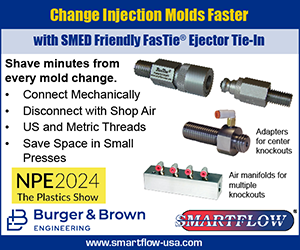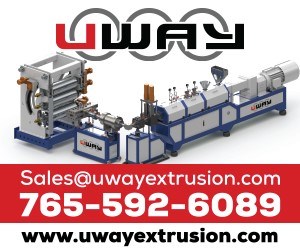Corbion Enters PLA Business
The Dutch global producer of lactic acid is pre-marketing its new PLA resins in North America.
Following the positive launch of its new PLA resins in the European and Pacific markets, Dutch global producer of lactic acid and lactides Corbion Purac (U.S. office in Lenexa, Kansas) is pre-marketing its new PLA grades in North America. The company first unveiled its plans in late 2014 (PT, Nov. 2014), and has followed through with the startup of its 165-million lb/yr PLA plant in Thailand. Says Derek Anderson, business director for the Americas for Corbion Bioplastics, “Many customers have expressed a need for credible and high-quality 2nd source of PLA resins,” referring to global leader NatureWorks LLC, Minnetonka, Minn.
Corbion’s portfolio for the Americas markets includes a range of high-heat, high-performance crosslinked PLA homopolymer resins--PLLA & PDLA, which are specifically targeted to applications where durability and/or high heat resistance are key requirements. Various standard PLA grades are also part of the Corbion product range. These materials are tailored for use in injection molding, film and sheet extrusion, thermoforming and fiber spinning, and ideally suited to packaging and disposables as well as durable applications. Corbion has set up a local warehouse at its U.S. location to ensure short delivery times.
Search for more PLA resins in PT’s materials database.
Related Content
-
In Sustainable Packaging, the Word is ‘Monomaterial’
In both flexible and rigid packaging, the trend is to replace multimaterial laminates, coextrusions and “composites” with single-material structures, usually based on PE or PP. Nonpackaging applications are following suit.
-
US Merchants Makes its Mark in Injection Molding
In less than a decade in injection molding, US Merchants has acquired hundreds of machines spread across facilities in California, Texas, Virginia and Arizona, with even more growth coming.
-
Measuring Multilayer Plastic Containers Made Easier With Today's Ultrasonic Gauges
Ultrasonic gauge technology has evolved to simplify measurement of very thin layers in plastic containers. Today’s gauges with high-frequency capabilities and specialized software can make multilayer container measurement quick and easy for ordinary users.












